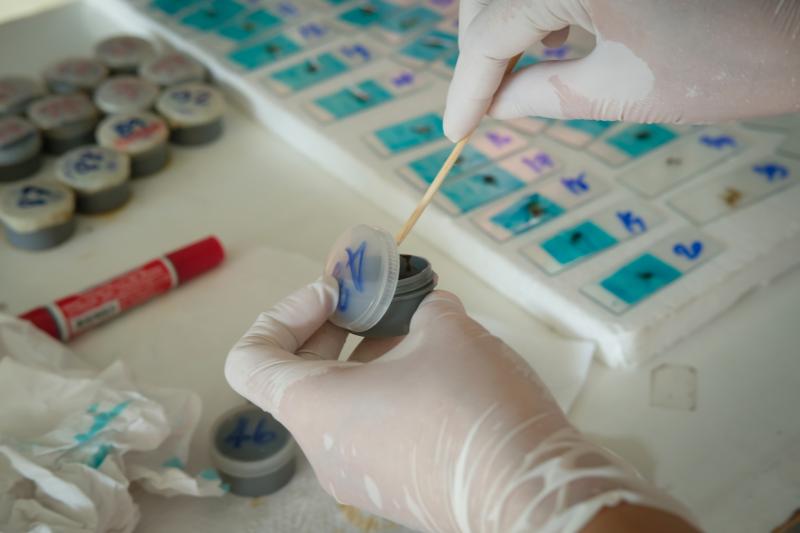
Faecal microbiota transplantation (FMT) may be performed in children and young adults to treat Clostridium difficile infection (CDI), with a study showing that the procedure is safe and effective and may be considered earlier in the disease course.
Researchers reviewed the medical records of 335 CDI patients aged 11 months to 23 years old, who were followed for at least 2 months following FMT. There were 120 patients with comorbid inflammatory bowel disease. Successful treatment was defined as the absence of recurrence throughout the follow-up.
A total of 271 patients (81 percent) achieved a successful outcome following FMT. Among the 64 patients who had CDI recurrence, 34 (53.1 percent) underwent repeat FMT, which was successful in 19 (55.9 percent). The overall success rate of one or two FMT procedures was 86.6 percent.
Factors associated with successful FMT included use of fresh donor stool (odds ratio [OR], 2.66, 95 percent confidence interval [CI], 1.39–5.08), delivery of FMT via colonoscopy (OR, 2.41, 95 percent CI, 1.26–4.61), nonrequirement of a feeding tube (OR, 2.08, 95 percent CI, 1.05–4.11), and having one lower total number of CDI episodes before FMT (OR, 1.20, 95 percent CI, 1.04–1.39).
Severe adverse events occurred in 17 patients (4.7 percent), including 10 hospitalizations. No deaths were recorded during the follow-up period.
The researchers called for additional investigation to determine the optimal timing and method of FMT for paediatric patients.